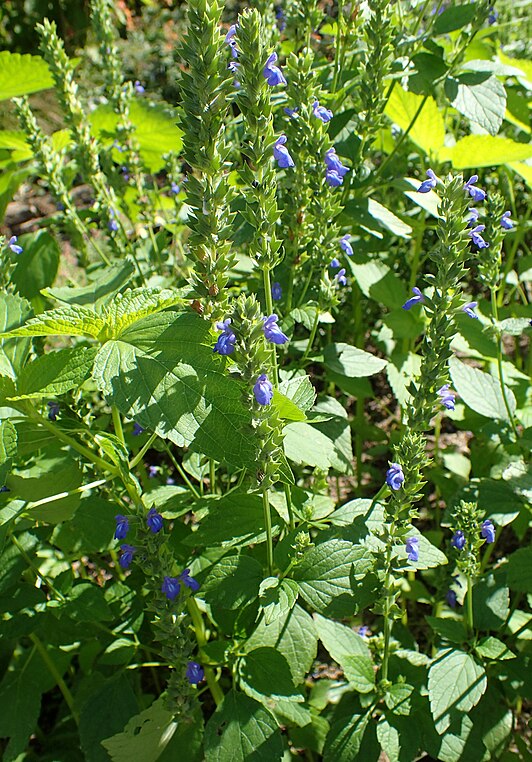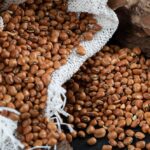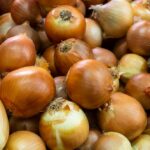Chia seeds, known for their nutritional benefits, come from the Chia plant (Salvia hispanica). Successful cultivation of chia involves ensuring proper pollination, as it directly impacts seed quality and yield. Here are ten early signs that your chia seeds might have inadequate pollination:
- Sparse Seed Development
If you notice that the chia plants are producing fewer seeds than expected, this could be a sign of inadequate pollination. Pollination problems can lead to fewer seed pods developing on the plant. - Irregular Seed Size
Seeds that are irregular in size or shape may indicate that some flowers did not receive adequate pollen. Proper pollination ensures that seeds develop uniformly. - Empty Seed Pods
Empty or partially filled seed pods are a clear indicator of pollination issues. Without proper pollination, the ovules in the flowers cannot develop into seeds. - Stunted Plant Growth
Chia plants struggling to grow or showing stunted growth could be experiencing pollination problems. Adequate pollination is essential for healthy plant development. - Abnormal Flower Formation
Abnormal or deformed flowers can suggest that pollination was not successful. Healthy chia plants typically produce well-formed flowers that effectively transfer pollen. - Reduced Seed Viability
Seeds harvested from plants with poor pollination may have lower germination rates. Testing the viability of seeds can help determine if pollination was an issue. - Uneven Ripening
If the chia plants exhibit uneven ripening of seed pods, it could be a sign that some flowers did not receive enough pollen, affecting overall seed development. - Excessive Flower Drop
A high number of flowers falling off the plant before setting seeds may indicate that pollination was inadequate. Proper pollination is necessary for flowers to develop into seed pods. - Lower Yield
A noticeable reduction in seed yield compared to previous harvests can be linked to pollination issues. Monitoring yield patterns can help identify pollination problems. - Pollen Discoloration
Observing discoloration or abnormalities in the pollen collected from chia plants may indicate issues with pollination. Healthy pollen should be consistent in color and quality.
Addressing pollination issues involves ensuring that your chia plants have adequate pollinators or manual pollination methods if needed. By observing these signs early, you can take steps to improve pollination and enhance the overall health and yield of your chia crop.







